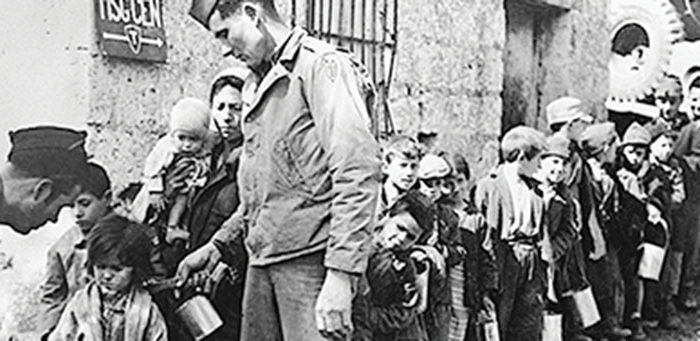Context
In Genesis 12, God promises to Abraham that “all peoples on earth will be blessed through you.” In Jeremiah 29, God tells the Jewish exiles who were living in Babylon, “Seek the peace and prosperity of the city to which I have carried you into exile. Pray to the Lord for it, because if it prospers, you too will prosper.” In Mark 12, Jesus explains the top two commandments, “Love the Lord your God with all your heart and with all your soul and with all your mind and with all your strength” and “Love your neighbor as yourself.”
It was never just about the Israelites, and it has never been just about God’s people. Rather, God has always been saying to his people: bless others, love others, seek their good. We are an outward-facing community — drawn together by shared faith, and looking out to share God’s blessing. This is true in our everyday lives and how we interact with those around us.
And, it is also why we engage in the public square. As Abraham Kuyper, a Dutch Reformed theologian and politician at the turn of the 20th century, said, “There is not a square inch in the whole domain of our human existence over which Christ, who is Sovereign over all, does not cry, Mine!”
In 2004, the board of the National Association of Evangelicals adopted “For the Health of the Nation.” This year, we’ve updated it to reflect today’s context (See Galen Carey’s explanation on p. 12). The foundational truth in the original — and revised — document is that all people are made in the image of God. Jim Daly, president of Focus on the Family, expounds on this idea in the cover article (p. 14). Our hope is that this magazine edition and the revised “For the Health of the Nation” will not just host words on paper, but will serve as frameworks for those of shared faith to work together to bless others through public policy.










